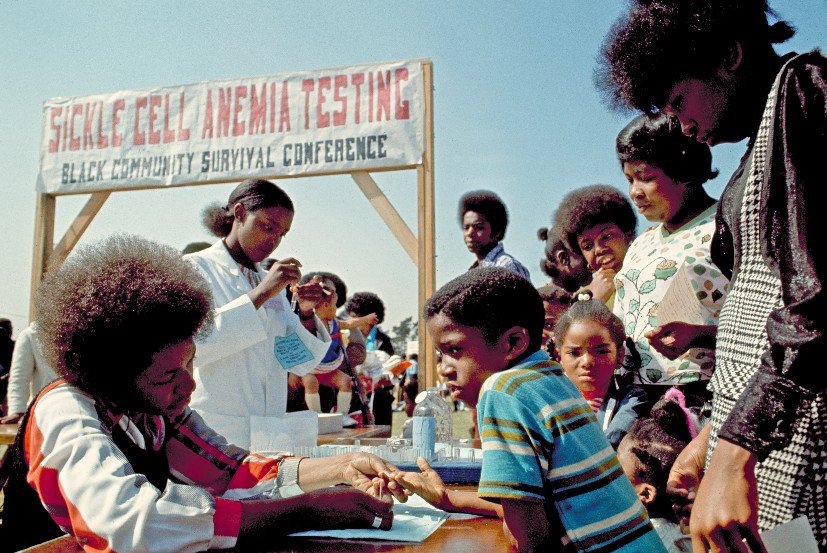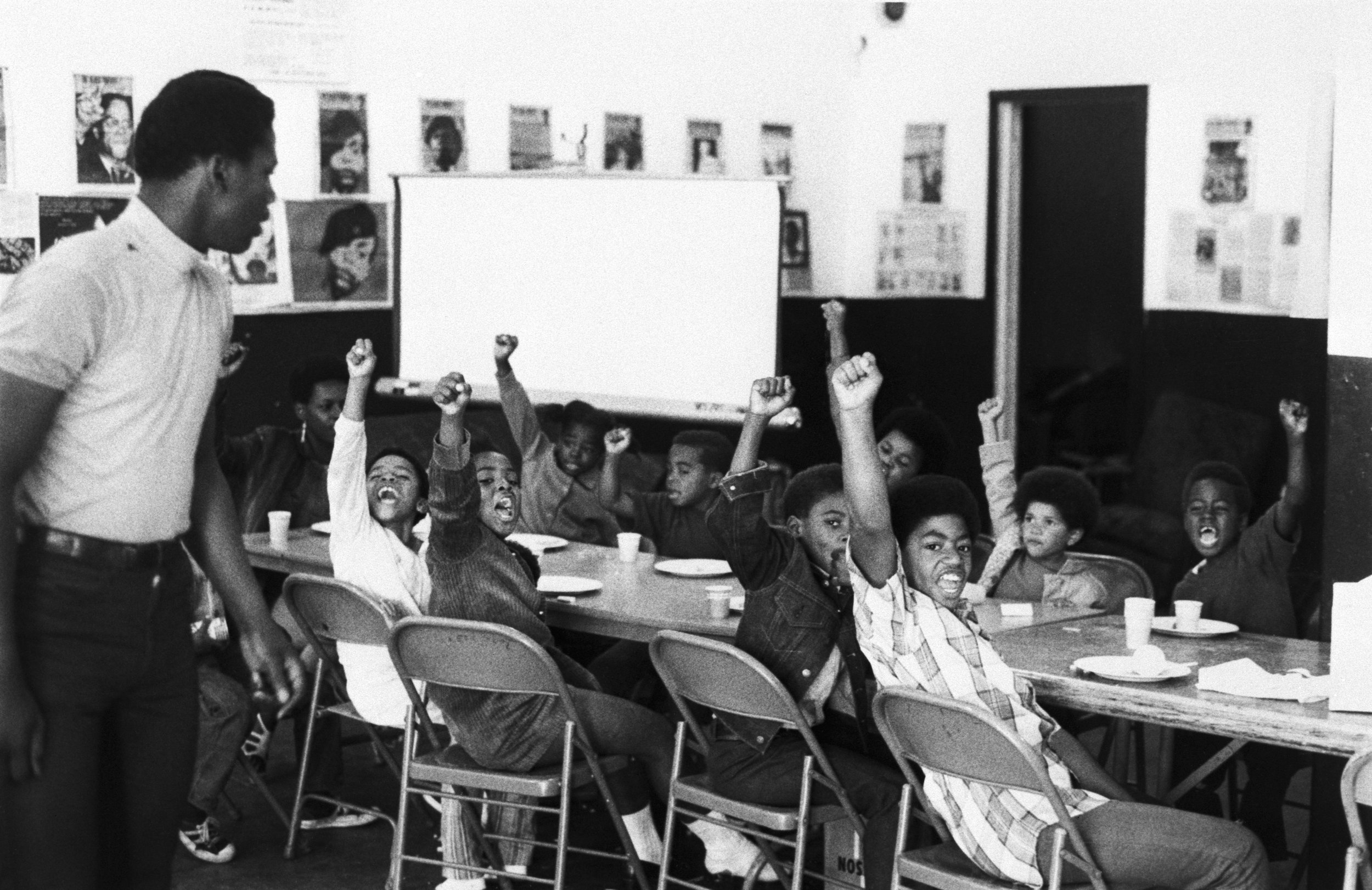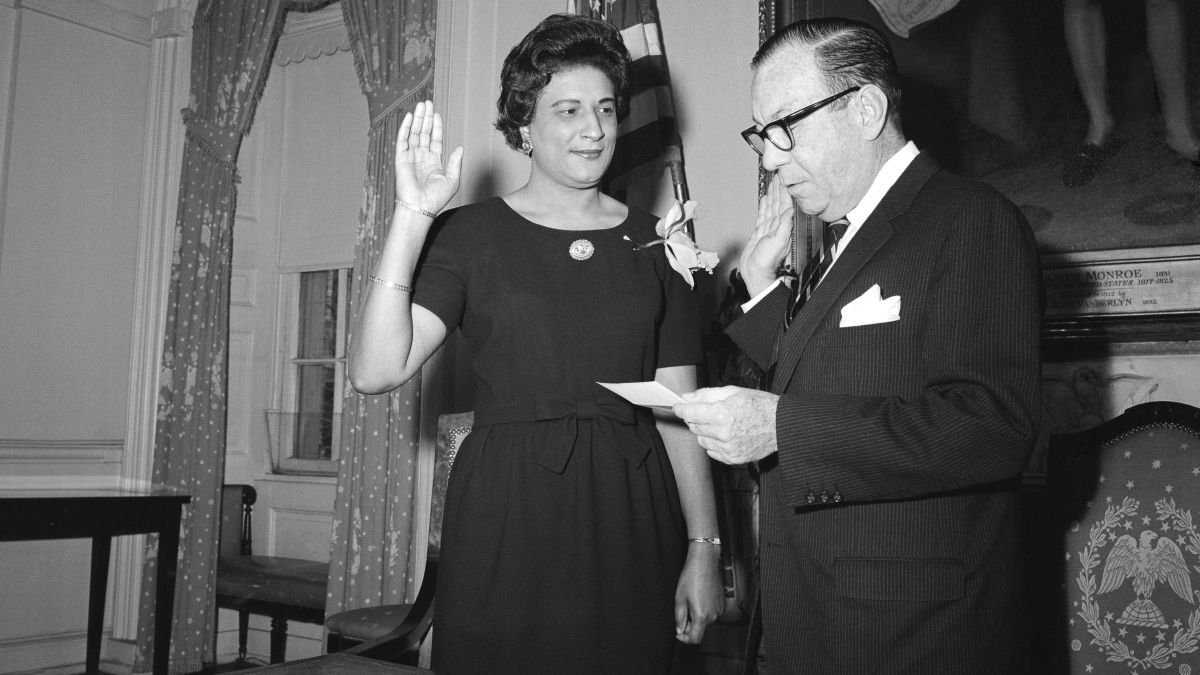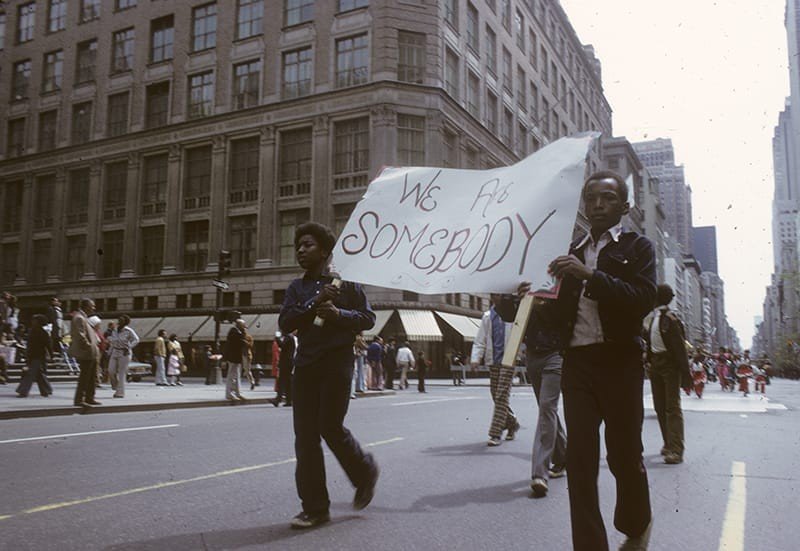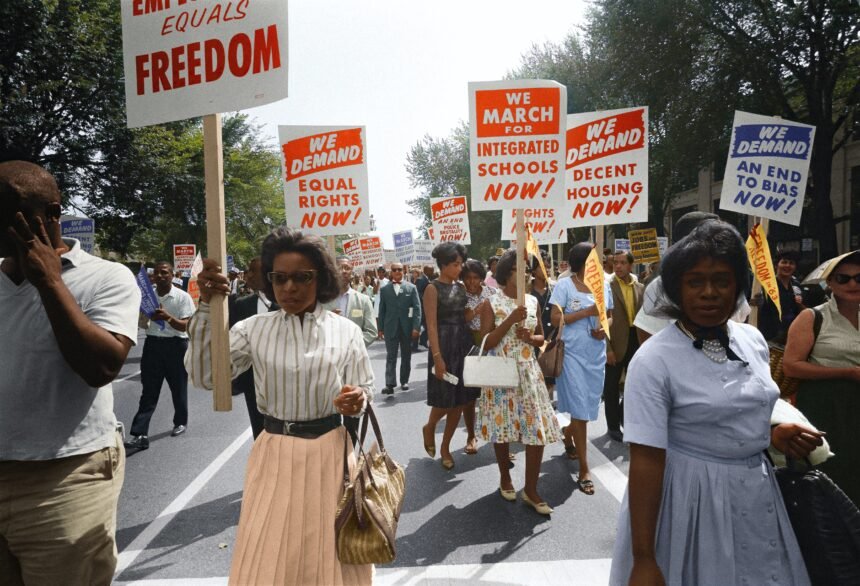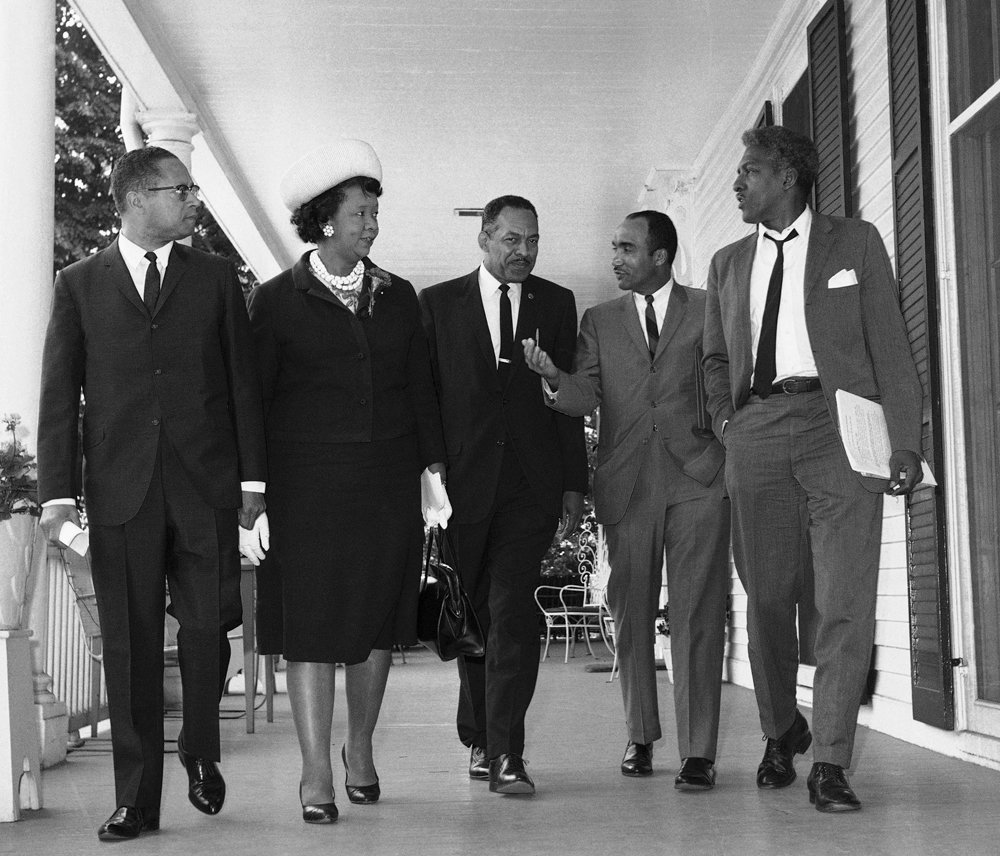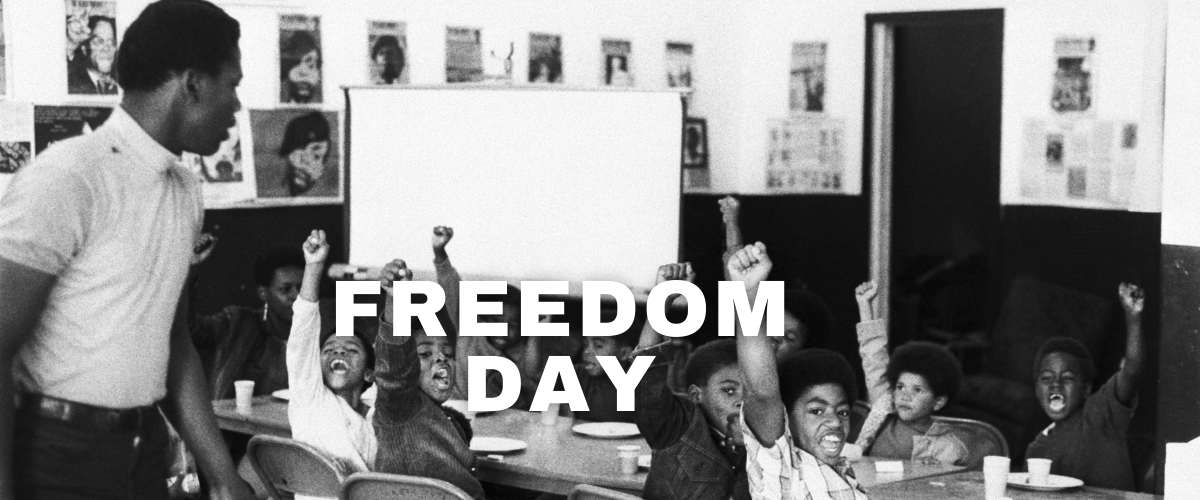
NAAM’s Freedom Day is a free monthly event celebrating history, culture, and community. Each Freedom Day features special programs, activities, and museum access for all ages—at no cost. We use Freedom Day as an opportunity to highlight key moments in the ongoing fight for freedom and equity.
<< This Month’s Freedom Day >>
On October 19, 1960, Martin Luther King Jr. took part in a pivotal sit-in protest at Rich’s Department Store in Atlanta, Georgia, challenging segregation in public spaces. This moment became a powerful example of nonviolent resistance and marked a turning point in the Civil Rights Movement, highlighting the growing national impact of grassroots activism and the leadership of Dr. King in the fight for racial justice.
Context and Background
By 1960, the Civil Rights Movement had gained momentum, particularly in the southern United States, where racial segregation laws (known as Jim Crow laws) were deeply entrenched. These laws enforced separation between white and Black Americans in public places like restaurants, theaters, and department stores. Sit-ins had become a popular form of nonviolent protest, drawing attention to the inequalities of these laws and advocating for their abolition.
The sit-in movement gained national attention earlier that year, following the Greensboro sit-ins in North Carolina. Student activists across the South began organizing sit-ins at segregated lunch counters, challenging the norms and laws that enforced racial segregation. In Atlanta, the movement was bolstered by the Student Nonviolent Coordinating Committee (SNCC), a group that would become central in the civil rights struggle.
The Sit-In at Rich’s Department Store
Rich’s Department Store in downtown Atlanta was a major shopping center and a symbol of the segregationist policies in place. Although it served the city’s Black customers in retail areas, the lunch counters remained segregated.
On October 19, 1960, King joined a group of about 50 Black students, many from the Atlanta University Center (a consortium of historically Black colleges), in a sit-in at the store’s segregated lunch counter. This protest was organized as part of a broader campaign called "The Atlanta Student Movement," which sought to desegregate public spaces throughout the city. King’s involvement brought significant attention to the sit-in, as he was already a nationally known figure due to his role in the 1955-1956 Montgomery Bus Boycott.
Events of the Sit-In
The demonstrators, including King, sat down at the lunch counter and asked to be served. As expected, they were refused service because of their race. The group remained peaceful, maintaining the principles of nonviolence that King and other leaders emphasized, even as they were met with resistance from the store staff and local authorities.
The sit-in escalated when the police arrived, arresting King and the other protesters for trespassing. The group was taken into custody and charged. For King, this arrest marked a significant turn because, unlike some earlier instances where he had been released quickly, he faced more serious consequences this time.
Aftermath and Legal Complications
King was sentenced to four months of hard labor due to an earlier probation violation related to a minor traffic offense. This sentence highlighted the racial disparities in the legal system and the risks faced by civil rights leaders. His imprisonment in Reidsville State Prison in Georgia became a national issue, drawing the attention of civil rights advocates and the media.
Political and Social Impact
The arrest and subsequent imprisonment of King sparked national and international outrage, especially among civil rights supporters. It also caught the attention of the 1960 U.S. presidential candidates, Richard Nixon and John F. Kennedy. While Nixon remained largely silent on the issue, Kennedy saw an opportunity to connect with African American voters.
Kennedy and his brother, Robert F. Kennedy, made strategic efforts to secure King’s release. Robert Kennedy intervened by contacting Georgia authorities and eventually persuading the judge to release King on bail, which helped to earn the Kennedy campaign support within the Black community. This intervention contributed to Kennedy’s narrow victory in the presidential election, as he gained a significant increase in African American support.
Legacy and Significance
The October 19, 1960 sit-in at Rich’s Department Store had several lasting impacts:
National Attention to Sit-Ins: King’s arrest highlighted the sit-in movement's role in the broader struggle for civil rights and increased public awareness of the everyday injustices faced by African Americans under segregation.
Strengthened Student Movements: The sit-in further galvanized the student-led movement in Atlanta and beyond, empowering young activists to continue challenging segregation across the South.
Political Implications: The event's political fallout demonstrated the increasing importance of civil rights issues in national politics and the shifting attitudes towards race relations in America. Kennedy’s actions during King’s imprisonment played a role in shaping the civil rights policies of his administration.
King's Growing Role: The sit-in solidified Martin Luther King Jr.’s role as a central leader in the Civil Rights Movement. His willingness to face arrest for the cause of justice exemplified his commitment to nonviolent protest and moral leadership.
